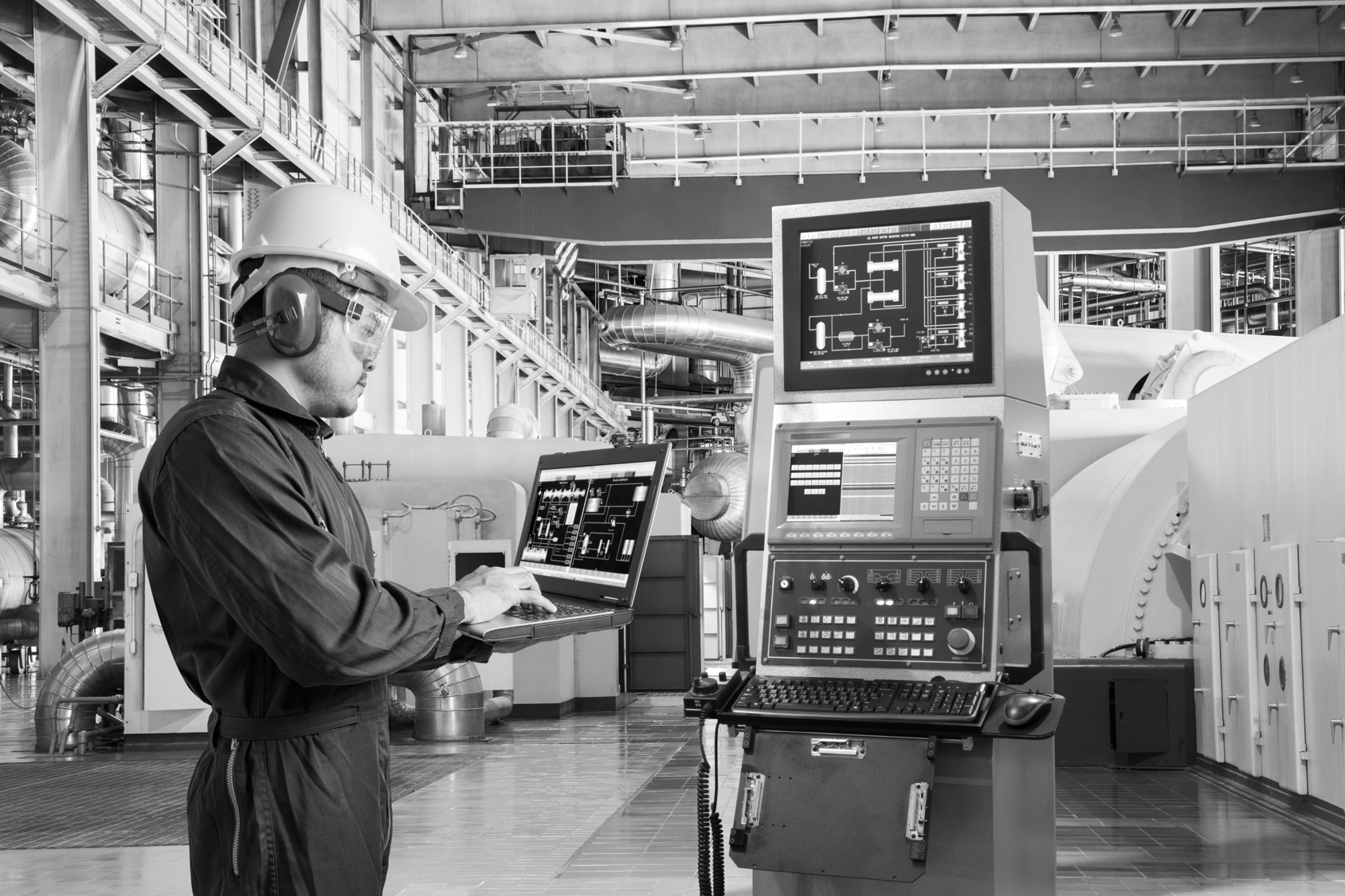Insights
Industrial Insights: Why Capstreet Invests in this Growing Sector

If you’re an industrial business owner seeking to attract a private equity partner, we believe understanding the investment strategies and value-add approach of firms investing in this space is crucial. Capstreet has a long-established focus on industrial companies, particularly those supporting the maintenance and service needs of large-scale facilities across the Gulf Coast. In this Q&A, we spoke with Paul De Lisi, Partner at Capstreet, to explore the firm’s approach to investing in the industrial sector and how they drive growth within their portfolio.
Q: How did Capstreet begin investing in industrial companies, and why did you choose this sector?
A: Our focus on industrial companies is a natural extension of being based in Houston, which is an industrial epicenter. From the very beginning, we saw an opportunity to provide capital to this sector. Many Houston-based private equity firms traditionally focused on natural resources, particularly in oil and gas. Over the years, we’ve invested in more than 20 industrial companies, building a strong track record and valuable relationships throughout the Gulf Coast’s industrial ecosystem.
What draws us to this market is the recurring revenue model of maintenance-based companies. These businesses provide essential services and products that industrial facilities depend on for reliable operations. In many cases, they combine elements of manufacturing, fabrication, and specialized services, which in our opinion makes them highly value-add and scalable. Our strategy is to help these companies grow profitably by expanding their geographic reach and diversifying their product and service lines, positioning them for sustainable growth.
Q: Which industrial subsectors does Capstreet focus on, and what makes them attractive?
A: We primarily target companies that provide maintenance, products, and services to large-scale industrial facilities in sectors like petrochemicals and power. These are foundational industries in the Gulf Coast, and their infrastructure requires constant upkeep and innovation. In recent years, we’ve also seen growth opportunities in emerging sectors like semiconductors, batteries, and energy transition industries. We view these sectors as evolving rapidly, and presenting exciting possibilities for both industrial services and the broader economy.
Q: What has been the key to successful exits in your industrial investments?
A: A common factor in our most successful exits is investing in companies with a solid reputation for delivering high-quality products and services. From the start, having a clear growth thesis makes a significant difference. Take our investment in OnPoint1, for example—a provider of maintenance project management services. When we first invested, they offered a single service. We expanded their offerings, refined their go-to-market strategy, and emphasized the value of these new bundled services. As a result, the company grew from less than $20 million at acquisition to $150 million in revenue before a successful exit. We believe that transformation was driven by a focused strategy and disciplined execution by a top-notch management team.
Q: What value-add strategies does Capstreet often implement in its industrial portfolio companies?
A: Our approach focuses on improving several key areas that drive growth and operational efficiency. This includes enhancing go-to-market efforts, optimizing supply chains, refining pricing strategies, and expanding the geographic reach to attract larger, multi-site customers2. Operational improvement is another cornerstone of our value-add strategy. We often start by building a strong management team that can take a detailed, hands-on approach to optimizing each aspect of the business. This focus on leadership and operational excellence is what in our view helps these companies scale and thrive in competitive markets.
Q: How do current market conditions influence your outlook on industrial investments?
A: I believe the current market conditions are highly favorable for industrial investments, particularly in the Gulf Coast. This region is a national industrial stronghold, home to petrochemical plants, refineries, power facilities, and other major process industries. Supporting this infrastructure are countless lower-middle-market companies that provide critical maintenance services and products. Capstreet views these businesses as essential for ensuring the reliability and efficiency of the industrial base.
From 2011 to 2022, the Gulf Coast saw a remarkable $212 billion in capital investments across both existing infrastructure and new developments3. Many of our industrial portfolio companies generate most of their revenue from maintenance activities, which, in my opinion, makes them well-positioned to benefit from ongoing growth in the region. With the industrial base continuing to expand and existing infrastructure aging, we believe the demand for maintenance services will remain robust for years to come. We believe this creates a fertile environment for companies that can deliver high-quality services and innovate to meet the changing needs of the market.
Capstreet’s commitment to the industrial sector has enabled us to build strong partnerships with business owners and management teams. With positive industry tailwinds and a focus on maintenance-based businesses, we are excited about the opportunities ahead in this dynamic and growing sector.
For more information about Capstreet’s investment in industrial products and services, see our Industrial Services and Products Investment Overview.
1 Onpoint was selected as it is the most recent industrial company exit in Capstreet IV. A complete list of Capstreet’s current and prior investments is available upon request. It should not be assumed that investments made by the Funds are or will be comparable in quality or performance to Onpoint. Past results are not indicative of future performance.
2 Not all investment decisions will implement all of these strategies.
3 Source: 2024 Gulf Coast Energy Outlook, LSU Center for Energy Studies, https://www.lsu.edu/ces/publications/2023/gceo_2024.pdf









